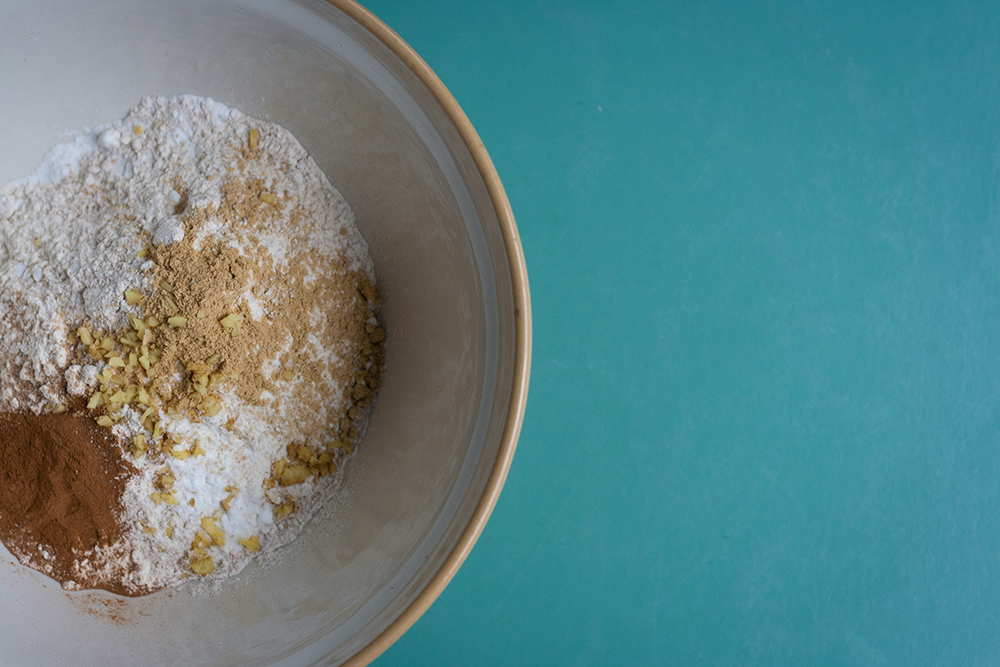This blog is an ode to dance. It’s a bit of a weird time to be writing a blog about dance, theatres and clubs are closed, parties and weddings have been cancelled. The amount of dancing being done right now must be at its lowest in decades. I’m also not really the ideal person to be writing a blog about dance. I have a tragically poor sense of rhythm and woeful body coordination, and yet I love to boogie. Whether I’m dancing on my own or with others I find that dance can offer joy, catharsis, connection with others and with God. So I write unapologetically and invite you all to join in my love cutting shapes.
Before I get into things though an important acknowledgement, this blog proclaims that our bodies and the joy we find in moving them are gifts we should be immensely grateful for. We must also be aware of notions of privilege and inequality within this area though. Any good conception of what dance is opens it up to as wide a range of physical abilities or disabilities as possible, but there are some whether due physical disability, mental illness or anything else, for whom finding joy in their own body may be difficult or impossible. If that’s you I’m sorry that this may feel irrelevant of difficult, and I have little to offer that does not feel cheap, but I look forward with a daring hope to the end of all of our pains in the new Creation.
Dance Like No One’s Watching
The early Christian Church faced a number of heresies in its first few centuries, one of the more prominent was Gnosticism. The Gnostics rejected the material world and physical bodies as unholy distractions from true Godliness. This isn’t the story told by scripture however, the Creation narrative declares God’s intention for us as perfect beings both physical and spiritual in nature. Indeed there can be no greater affirmation of our physical bodies that the incarnation, in which God became flesh in the person of Jesus Christ. Furthermore we see in Jesus’ resurrection that God’s salvation plan for us is not to have us spend eternity as bored spirits floating serenely amongst the clouds but for us to inhabit new physical bodies in a perfected physical world.
My point is that our bodies are just as much a part of who we are as our minds or souls; they are fundamental to our identities and to the eternal plans God has for us. It therefore only makes sense that our bodies themselves should play a deep and important role in our self expression, and that’s kind of what dance is. I genuinely think that all of us should have a go at intentionally dancing our emotions. Whether happy, sad, or mad, take a leaf from Kevin Bacon’s book and let it out in dance.
Perhaps most importantly of all, we should dance as worship to God. I’m not necessarily talking about getting a bit of a boogie on during the Sunday hymns (though if that’s you I fully back it). I think that a significant part of God’s heart for us is to enjoy his gift of Creation. Our most primary experience of this gift is our own bodies, so dance (when done with the right heart) can be an act of worshipful thanksgiving to our Creator wherever it takes place.
Dance Like Some One’s Watching
Of course dance can’t just be reduced to rhythmic emotional release. It’s a performative artform that is at its best skillful, beautiful and deeply communicative. The aspect of dance that requires refined talent rather than just raw enthusiasm is one I’m much less qualified to talk about; and the nature of dance as body performance is something that the Church (or certain parts of it) has been historically suspicious of. It’s my firm belief however that this performative nature is to be celebrated, first and foremost because we have a performative God.
It’s probably worth clarifying what I mean by performative, for some it perhaps connotes pretense but that’s certainly not what I’m saying. Rather that God seems to give great value to the acting out of thoughts, beliefs, and emotions. For example he chose to rest on the seventh day of creation not because he was tired, but because the act of stopping communicated something meaningful that would otherwise have been lost. He orchestrated the act of ‘passing by’ both Moses and Elijah as a way or revealing himself. He frequently commanded symbolic enactments of the Isrealites such as walking around Jericho seven times, and today believers practise performance acts such as Communion and Baptism. We are naturally somatic communicators because God made us like that in his own image.
And so we dance, we perform to each other to connect with one another. This isn’t something we should shy away from, we should not be ashamed to be seen. Go dancing with your friends and perform your joy to them, dance with the person you love so they know even more how much you love them. Dance on a stage or dance in your home, even dance out in the street as David did, undignifying himself as a public declaration of passionate adoration of God.




